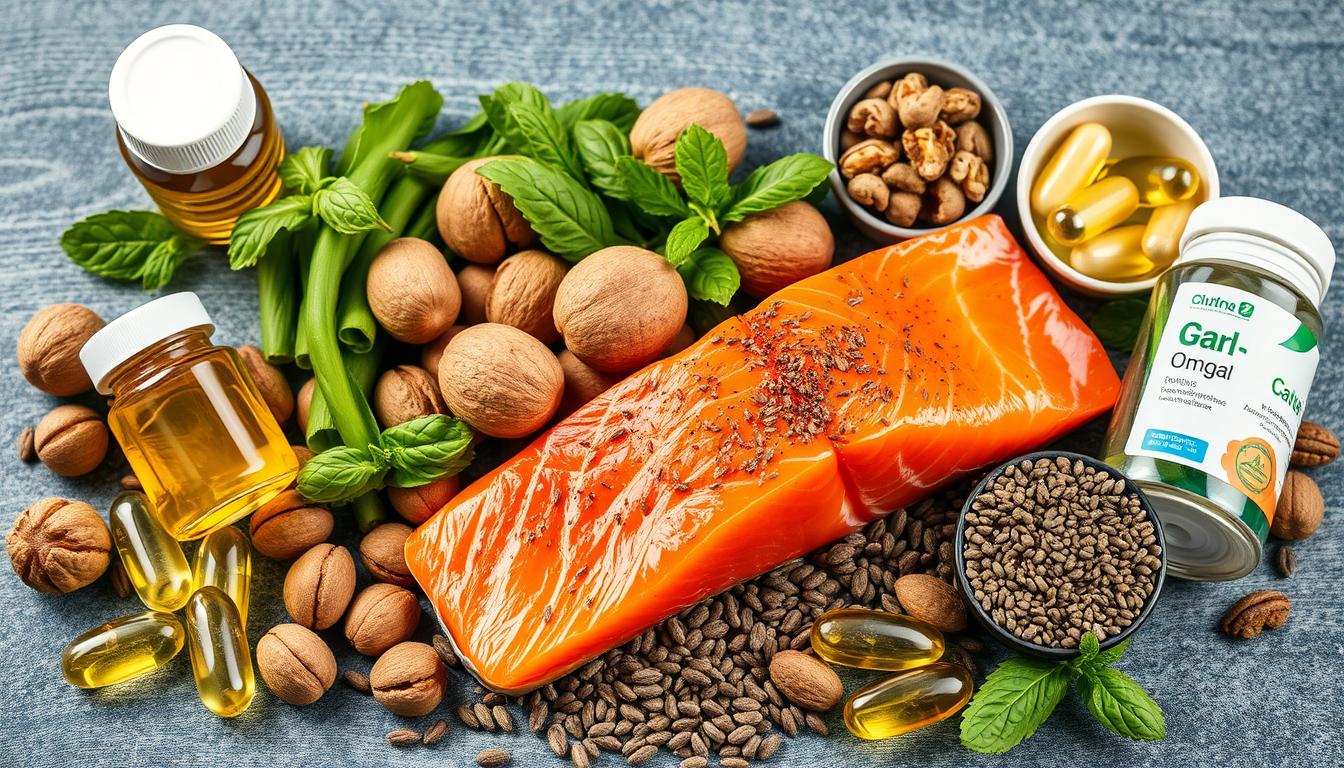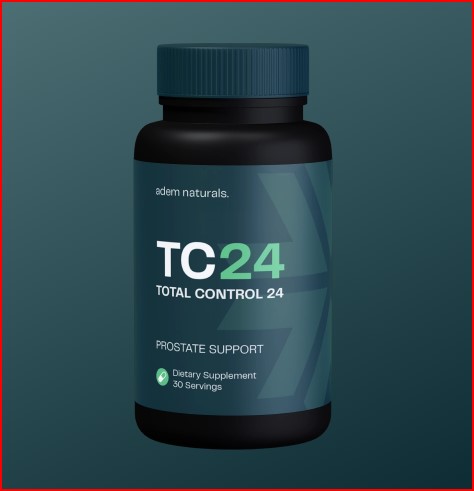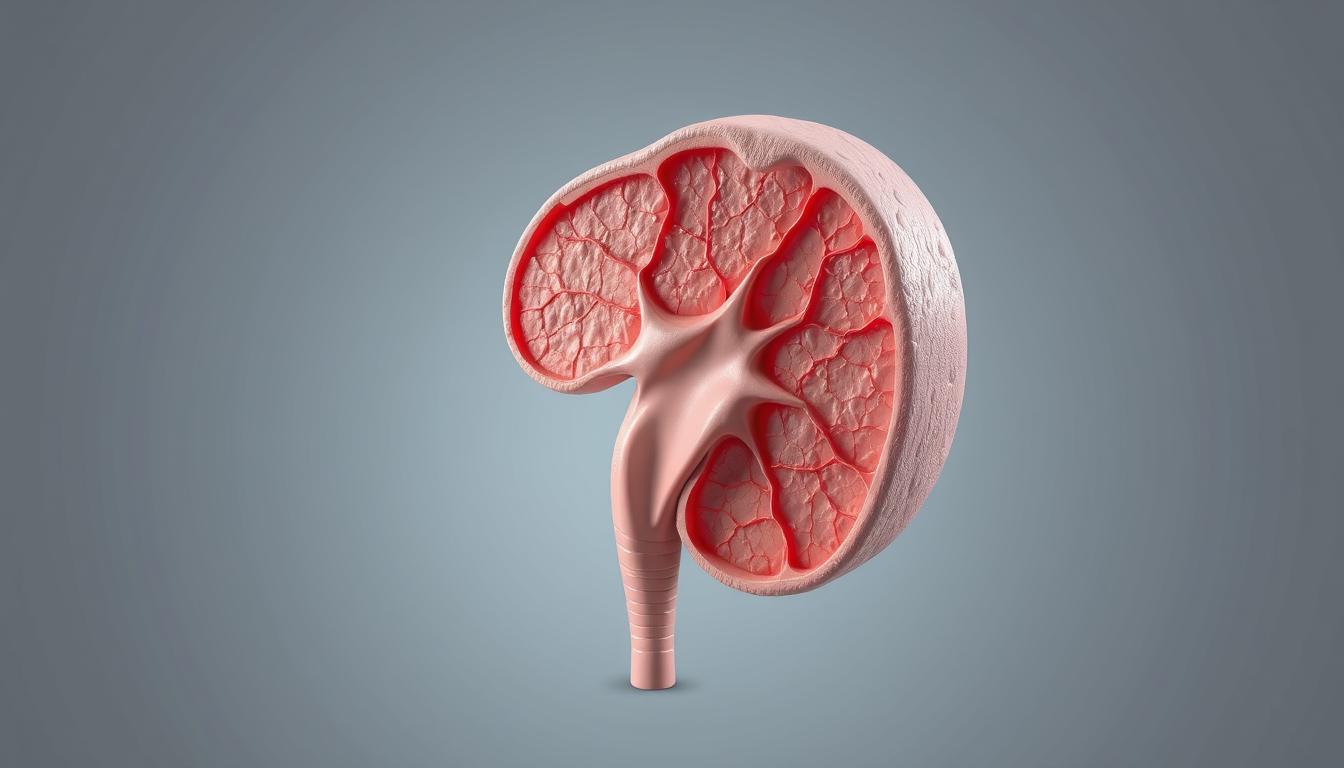Supplements For Menopausal Belly Fat
As women get closer to menopause, many notice a change in their body shape, mainly around the midsection. Menopausal belly fat can be difficult to lose, even with diet and exercise. But are there ways to manage this change effectively?
Menopause brings a drop in estrogen, leading to fat gain, mostly around the belly. This isn’t just about looks; excess belly fat is linked to health issues. We’ll look into how supplements can help balance hormones and manage weight gain.
This guide dives into the science of the best supplements for menopausal belly fat. Knowing the challenges of weight gain during menopause is key to finding health solutions.
Key Takeaways
- Understanding how hormonal changes during menopause contribute to belly fat.
- Exploring the role of supplements in managing menopausal weight gain.
- Identifying effective lifestyle changes to complement supplement use.
- Learning how to target hormonal imbalances for better weight management.
- Discovering the benefits of a holistic approach to health during menopause.
Understanding Supplements For Menopausal Belly Fat
Menopause brings hormonal shifts that can lead to belly fat. This change is not just about looks; it’s a serious health issue. Understanding menopausal belly fat is essential during this life stage.
What Is Menopause Belly Fat?
Menopause belly fat is the buildup of visceral fat around the belly during menopause. This fat is metabolically active, releasing harmful compounds. Studies link it to heart disease, diabetes, dementia, breast cancer, and even early death.
Why It’s Different From Regular Weight Gain
Menopausal belly fat is different because it’s driven by hormonal changes, not just eating too much. The drop in estrogen levels during menopause causes fat to gather around the belly. Unlike regular weight gain, which spreads out, hormonal belly fat focuses on the abdomen.
| Characteristics | Menopausal Belly Fat | Regular Weight Gain |
|---|---|---|
| Primary Cause | Hormonal changes | Caloric surplus |
| Fat Distribution | Abdominal area | Evenly distributed |
| Health Risks | Increased risk of heart disease, diabetes | Varies based on overall health |
Knowing these differences helps us find better ways to manage menopausal belly fat. By understanding hormonal changes and the risks of visceral fat, we can improve our health and reduce risks.
The Science Behind Menopausal Weight Changes
The menopausal transition brings many changes, including shifts in body composition. Understanding these changes can help women manage their health better during this significant life change.
Hormonal Fluctuations During Menopause
Menopause brings big changes in the body. Estrogen levels drop, changing how we store fat and metabolize it. This affects where and how much fat we have, often leading to more belly fat.
Studies show that postmenopausal women gain a lot of belly fat. They see a 36% increase in trunk fat and a 49% increase in belly fat inside their bodies. This is mainly because of the drop in estrogen.
How Estrogen Decline Affects Fat Distribution
Estrogen helps control where we store fat. Before menopause, it makes us store fat in hips and thighs. But when estrogen drops, fat starts to build up in the belly.
This change happens because fat cells have estrogen receptors. When estrogen levels fall, the body makes more fat cells to try to keep estrogen levels up. Belly fat is different from other fat because it releases harmful substances that make losing weight harder.
Health Risks Associated with Menopausal Belly Fat
Menopausal belly fat is not just a beauty issue. It’s a serious health risk. The increase in belly fat can lead to many health problems.
Cardiovascular Concerns
Menopausal belly fat is linked to cardiovascular disease. It can cause high blood pressure, high cholesterol, and heart problems. This is because belly fat is active and releases harmful substances that hurt the heart.
Insulin Resistance and Diabetes Risk
Menopausal belly fat also raises the risk of insulin resistance and type 2 diabetes. The fat around the belly can cause metabolic syndrome, a group of conditions that increase the risk of diabetes and heart disease.
Other Health Complications
Menopausal belly fat is also linked to other health issues. It can increase the risk of breast and colon cancer. It can also cause sleep apnea, brain problems, and joint issues, affecting the quality of life for women during and after menopause.
Knowing these health risks is key to managing belly fat during menopause. By understanding the risks and taking action, women can lower their chances of these conditions and improve their body health.
Types of Fat: Visceral vs. Subcutaneous

Menopause brings changes in how fat is stored in the body. Knowing the difference between visceral and subcutaneous fat is important for managing belly fat during menopause.
Identifying Visceral Fat
Visceral fat surrounds organs in the belly. It’s a concern because it can lead to heart disease and insulin resistance. Unlike subcutaneous fat, which is under the skin, visceral fat is more active and releases harmful substances that affect health.
Measuring Your Risk: Waist-to-Hip Ratio
To check your risk for visceral fat, measure your waist and hips. Measure your waist at its narrowest point, just above the navel. Then, measure your hips at their widest point. Divide your waist measurement by your hip measurement.
- The waist-to-hip ratio is a simple way to check your health risk.
- For women, a ratio of 0.85 or lower means a lower risk of health problems.
- Studies show this ratio is better than BMI or weight alone, for menopausal women.
| Waist-to-Hip Ratio | Risk Level |
|---|---|
| 0.85 or lower | Lower Risk |
| Above 0.85 | Higher Risk |
Knowing your waist-to-hip ratio helps you manage your health during menopause. Tracking changes in this ratio shows how well your lifestyle and supplements work. This helps reduce visceral fat.
Essential Supplements for Menopause Belly Fat
Belly fat in menopause can be tackled with lifestyle changes and supplements. Supplements are key for overall health and managing weight gain during this life change.
How Supplements Can Help During Menopause
Supplements are important for health during menopause. They can’t replace estrogen, but they help in other ways. They support insulin sensitivity, fight inflammation, and help with bone health.
By improving metabolic health, reducing inflammation, and balancing hormones, supplements help manage symptoms. This includes belly fat.
What to Look for in Quality Supplements
When picking supplements for menopause belly fat, look for third-party tested products. Quality supplements list active ingredients and their amounts clearly. Avoid proprietary blends that hide ingredient amounts.
- Research the form of each nutrient, as some are more effective.
- Choose supplements that address multiple health aspects, not just weight loss.
- Look for supplements backed by clinical studies.
- Be aware of possible interactions with medications.
- Reputable companies provide clear dosage instructions and realistic expectations.
By considering these factors, women can choose supplements wisely. This maximizes benefits and minimizes risks.
Omega-3 Fatty Acids for Hormonal Balance
Omega-3 fatty acids are key for hormonal balance in menopause. They are a valuable part of a menopausal woman’s health plan.
Benefits for Menopausal Women
Omega-3 fatty acids help reduce inflammation and support heart health for menopausal women. They can also ease symptoms like hot flashes and mood swings. Adding omega-3 supplements to their daily routine can help manage these symptoms.
Recommended Dosage and Sources
Research suggests taking 1,000-2,000 mg of EPA and DHA daily. High-quality fish oil supplements from small, cold-water fish are best. For those who don’t eat fish, algae-based supplements are a good option.
Take omega-3 supplements with a meal to improve absorption. Eating fatty fish 2-3 times a week and including plant sources like flaxseeds and walnuts helps keep omega-3 levels up.
Probiotics for Gut Health and Weight Management
Probiotics are key for managing weight gain during menopause. Hormonal changes can affect gut health and weight. Probiotics, found in foods and supplements, support gut health and weight management.
The Gut-Hormone Connection
The gut microbiome is important for hormonal balance and weight. Probiotics can reduce belly fat. In one study, women lost 50% more weight with probiotics than with a placebo.
Best Probiotic Strains for Menopausal Women
Lactobacillus gasseri targets belly fat. Bifidobacterium breve and Bifidobacterium lactis improve insulin sensitivity and reduce inflammation. Lactobacillus plantarum helps with bloating and digestive issues.
Choose a probiotic with multiple strains and a high CFU count for weight management. Fermented foods like yogurt and sauerkraut also support gut health.
Fiber Supplements to Combat Belly Fat
Fiber supplements help fight menopausal belly fat. Hormonal changes, like the decline in estrogen, can lead to more belly fat. Fiber supplements can help manage this.
Fiber supplements make you feel full, reduce fat absorption, and slow down digestion. This can help reduce belly fat.
How Fiber Helps Reduce Visceral Fat
Fiber is key in cutting down visceral fat, the fat around organs. Soluble fiber turns into a gel in the stomach. This slows down digestion and helps in losing weight.
Eating a lot of fiber also boosts gut health. This is linked to a stronger immune system and better health. By reducing visceral fat, women can lower their risk of heart disease, diabetes, and other health issues.
Types of Fiber Supplements and Their Benefits
There are many fiber supplements, each with its own benefits:
- Psyllium Husk: It has both soluble and insoluble fiber. It supports digestion, lowers cholesterol, and stabilizes blood sugar.
- Glucomannan: Made from the konjac root, it expands in the stomach. This makes you feel full and helps in losing weight.
- Inulin and Prebiotic Fibers: These fibers feed good gut bacteria. They improve the gut microbiome and help with metabolism.
- Acacia Fiber: It dissolves in water, making it easy to add to drinks.
To get the best results, start with 3-5 grams of fiber supplements a day. Gradually increase to 25+ grams. Always drink enough water to avoid stomach problems. Mixing different fiber supplements can help with digestion and weight management.
Vitamin D and Magnesium: Essential Minerals for Metabolism
Vitamin D and magnesium are vital for a healthy metabolism, which is important during menopause. These minerals help with weight management and overall health.
The Role of Vitamin D in Fat Metabolism
Vitamin D affects how fat is distributed in the body and insulin sensitivity. Studies show that enough vitamin D can reduce visceral fat, a big concern in menopause. Vitamin D receptors are in tissues that handle glucose and lipid metabolism, showing its importance in metabolic health.
Getting enough vitamin D through sun, diet, and supplements supports fat metabolism and metabolic health.
How Magnesium Supports Hormonal Balance
Magnesium is involved in over 300 body processes, including glucose and fatty acid metabolism. It helps regulate insulin sensitivity, which is key in preventing fat storage.
Magnesium also helps the HPA axis function properly. This normalizes cortisol levels and reduces belly fat caused by stress, common in menopause. It also improves sleep quality, which is important during menopause to prevent weight gain.
Most women need 300-400 mg of magnesium daily. Forms like glycinate, malate, and threonate are well-absorbed. Magnesium works with vitamin D to enhance metabolism and fat reduction.
B Vitamins and Green Tea Extract for Energy and Fat Burning
Managing energy and fat burning is key during menopause. B vitamins and green tea extract are two supplements that can help.
B Vitamins for Energy and Metabolism
B vitamins are essential for energy and metabolism. They help turn food into energy, which is important for staying active and healthy during menopause. B vitamins, like B12, are key for energy, and a lack of them can cause fatigue and weakness.
Green Tea’s Fat-Burning Properties
Green tea extract is packed with catechins, which boost fat burning and metabolism. Green tea’s thermogenic properties help increase the body’s energy expenditure, leading to weight loss. Studies show green tea extract can cut down belly fat over time.
- Green tea extract contains powerful compounds called catechins, like epigallocatechin gallate (EGCG), which boosts metabolism and increases fat oxidation.
- Research shows green tea extract can enhance thermogenesis, increasing daily energy expenditure by 70-100 calories without extra exercise.
- The mix of caffeine and catechins in green tea works together to mobilize fat from fat cells and increase fat burning, mainly during exercise.
For the best results, look for supplements with 400-500 mg of green tea extract. Make sure it’s standardized to contain at least 45% EGCG. Take it in divided doses throughout the day.
Adaptogens and Herbs for Hormonal Support
Adaptogenic herbs help women manage menopause’s physical and emotional stress. Adaptogens are special herbs that help the body adapt to stress and restore balance. They are very useful during menopause when stress levels often go up.







Post Comment